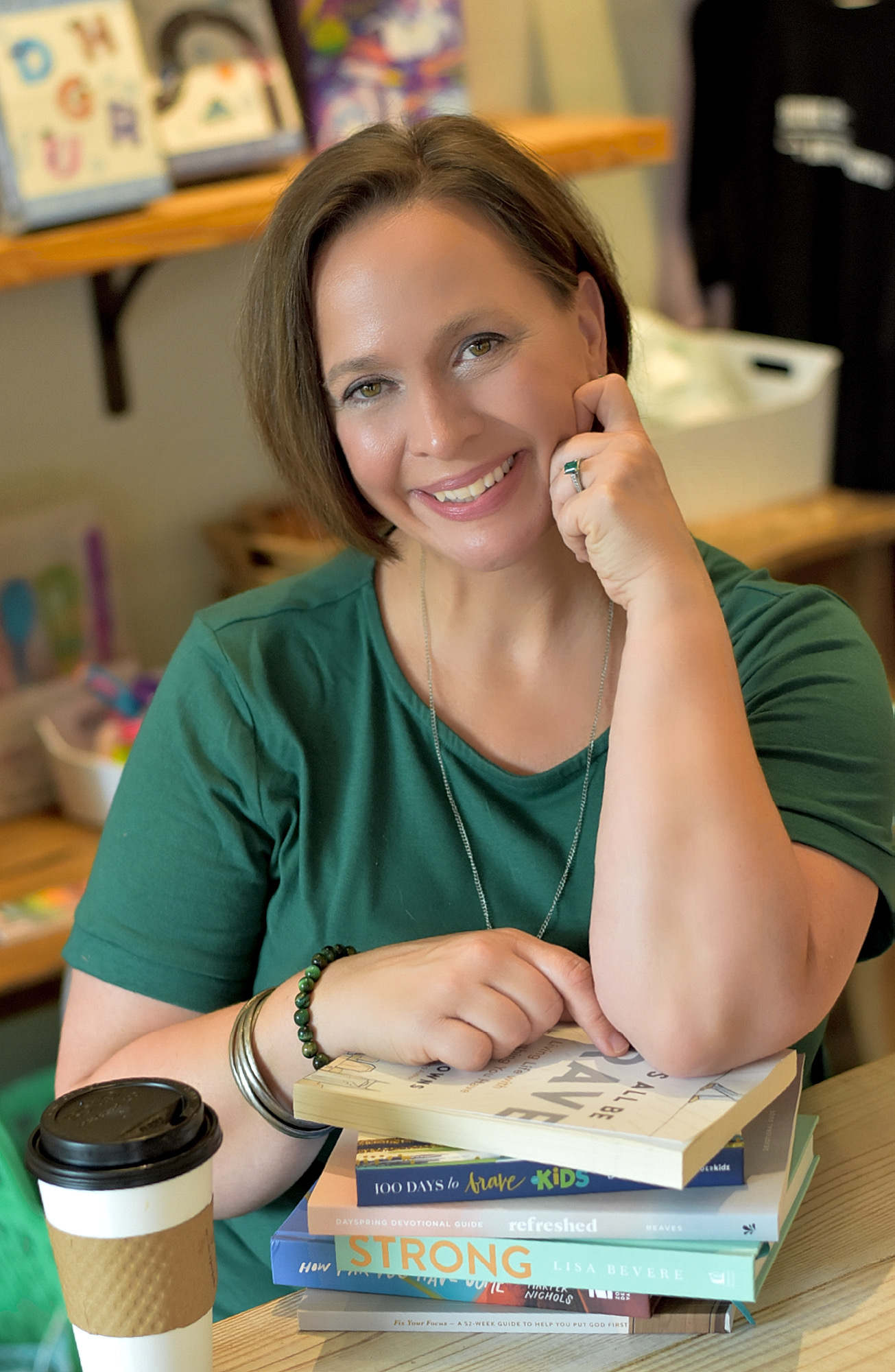We’re excited to introduce you to the always interesting and insightful Katie Macaluso. We hope you’ll enjoy our conversation with Katie below.
Katie , appreciate you joining us today. How’s you first get into your field – what was your first job in this field?
I had planned to work in family medicine or women’s health after graduating from PA school. I applied for several positions at Temple in Philadelphia, and the one that called me back was an overnight role in a psychiatric emergency room.
During the interview, they told me they valued my military background because “they don’t scare as easily.” They explained that some physicians from the prison system had quit because the patient population was too challenging.
I toured the locked floor with the crisis center attending, who discussed safety and casually said, “Five and two never hurt anyone,” then chuckled. I didn’t know what it meant, so I laughed along.
They offered me the job on the spot. I thought it was because I was such an impressive candidate, and I accepted immediately.
The work was a world unlike anything I had ever experienced. I stayed for about two years and learned a lot. One big takeaway: never accept a job offered to you during the interview without taking time to think it over—and consider why they might be so eager to hire you.
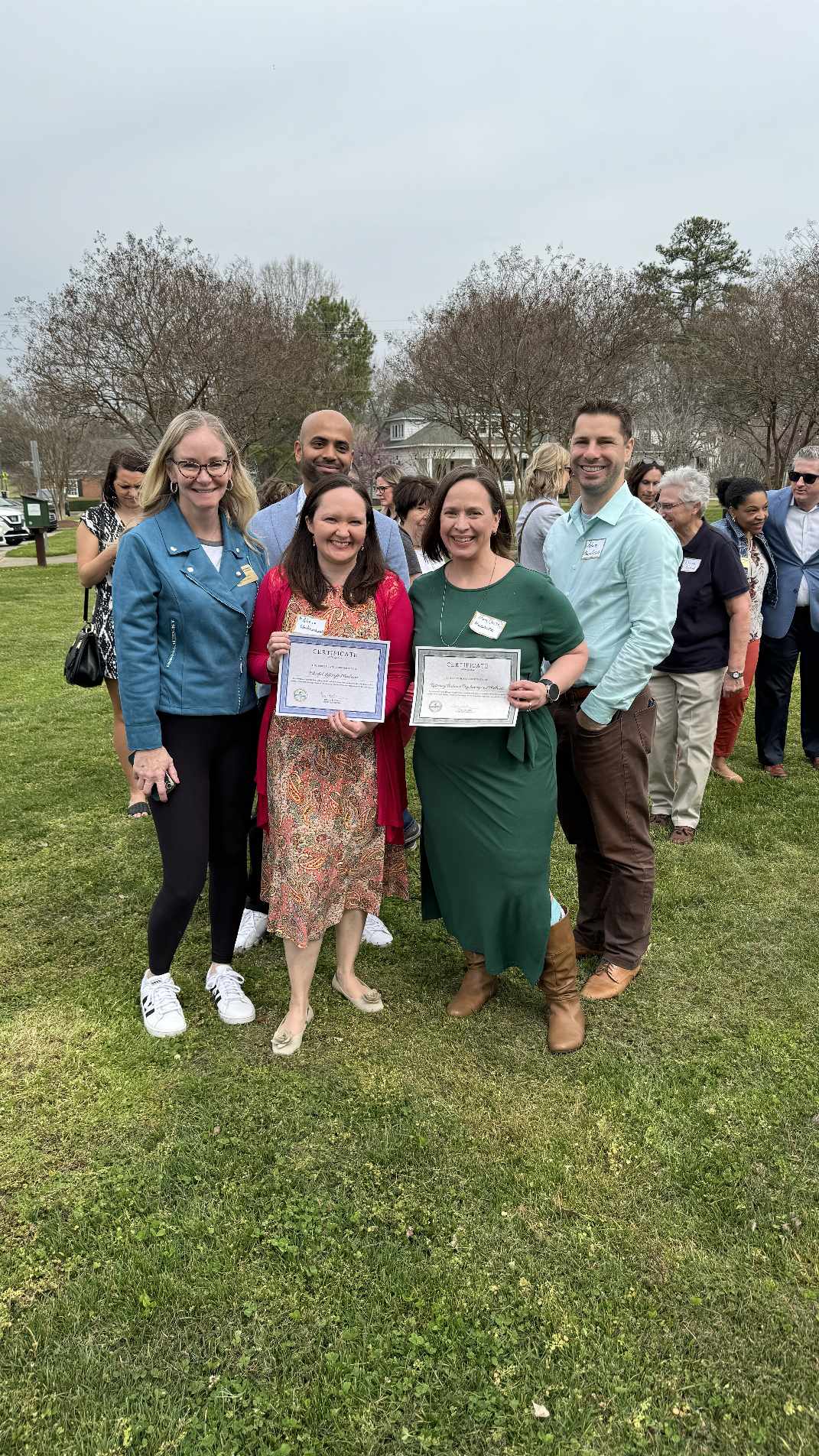
Awesome – so before we get into the rest of our questions, can you briefly introduce yourself to our readers.
I never had a clear plan after high school. I applied to the state college for English education because I liked to read, but I had no real sense of direction. In my small high school, if you missed fewer than two days of class a semester, you didn’t have to take finals. I was a straight-A kid and graduated in a class of just 73 students. When I got to college, I quickly learned that no one cared if I went to class—and I made some wrong choices. I dropped out, figuring I’d just work for a while.
I started at OfficeMax and thought, “I can do this forever,” until I realized retail was soul-crushing. From there I bounced around—telemarketing, grain inspection—before landing a job answering phones at a pharmaceutical research company. I had actually turned down a tanning salon job (thankfully) and took the research position instead. That decision changed my life. I learned phlebotomy, started working weekends, and eventually became a certified clinical research coordinator.
I left to move away and figure out my life, still not ready for school, and ended up working in GI research. Eventually, I decided I wanted to go back to school and even considered med school. Then, a random run-in with an old friend changed my path completely: “Join the military,” they said. “The unit is non-deployable, and it’ll help pay for school.” A year later, I was preparing for a twelve month deployment to Afghanistan.
When I came home, I was almost thirty. Med school felt like it was too late, but I’d learned a lot about physician assistants while in the Army. I buckled down—completing over two years of undergrad in just eighteen months—and applied everywhere. I ended up in Philadelphia for PA school, which led me into psychiatry.
Today, I own Restoring Balance Psychiatry and Wellness, where we provide medication management for teens and adults with conditions like depression, anxiety, PTSD, ADHD, bipolar disorder, and trauma. What sets us apart is that we’re truly patient-centered—you’re not just another chart here. We listen, we respond, and we walk alongside you.
I’m most proud of creating a place where patients feel heard, respected, and cared for. My own winding path taught me resilience, empathy, and the value of meeting people exactly where they are—lessons I carry into every patient interaction.
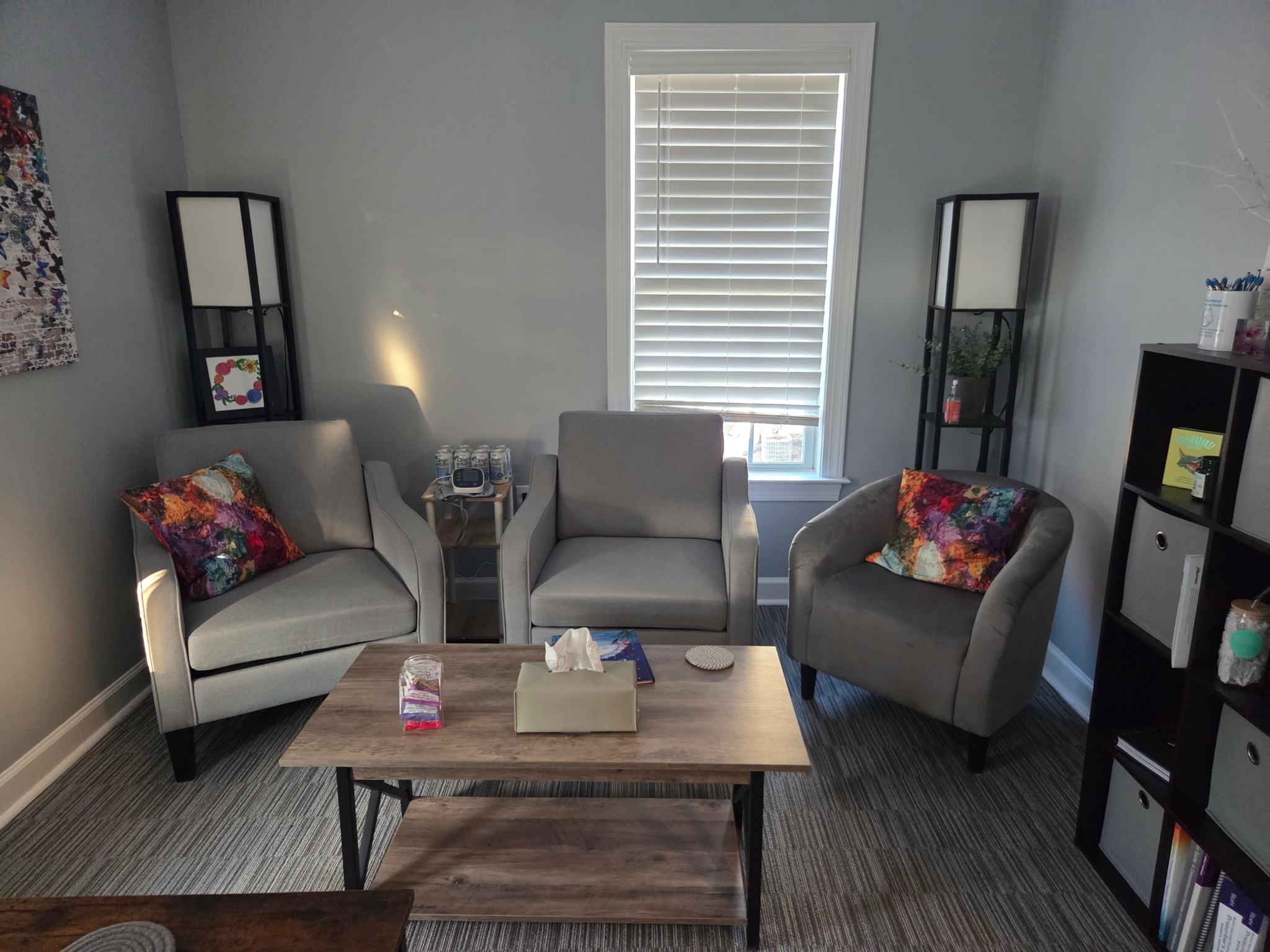
Let’s talk about resilience next – do you have a story you can share with us?
After PA school, I planned to return to the Army as a PA. My paperwork was complete, and I was just waiting on the process. In August 2012, I was hit by a drunk driver at noon in Florida, breaking bones in my neck, ribs, both hips, and my right arm. At the time, I was working overnights in the Crisis Response Center. I was out of work for three months, and when I returned, a patient told me, “If I had your life, I would be where you are,” having no idea what I was dealing with behind the scenes.
I pushed through rehab, determined to get a military waiver. By January 2013, I could run two miles in under 20 minutes. But in February, my waiver was denied. I was deeply discouraged—going to work was about all I could manage. I was still in constant pain, alternating 800 mg of ibuprofen with 1,000 mg of Tylenol every four hours just to make it through a shift.
In June 2013, a patient in the CRC stole my wallet, car keys, and car. That was my breaking point. After sign-out, I walked outside and knew instantly I was never coming back. For the first time in almost a year, I could breathe—and I finally began to heal. I took a contract with the Air Force, gained regular hours, spent time in the sun, reconnected with friends, and focused on taking care of both my mind and my body.

We often hear about learning lessons – but just as important is unlearning lessons. Have you ever had to unlearn a lesson?
I unlearned, “everything happens for a reason.” It doesn’t. Sometimes horrible, devastating things happen. There is no grand plan or purpose. When it happens, we have to learn how to live in a world where those things exist.
I am not better or stronger because of my accident—I’m worse in a lot of ways. My strength got me through some of the worst days of my life, not the thing that almost killed me.
I work with trauma, and part of my role is giving people a place to hear that they didn’t need this awful thing to happen—but it did. So now what? There’s a great article by Tim Lawrence that explains this so well, and I share it often.
Contact Info:
- Website: https://Rbpw.org
- Facebook: https://www.facebook.com/rbpwpllc
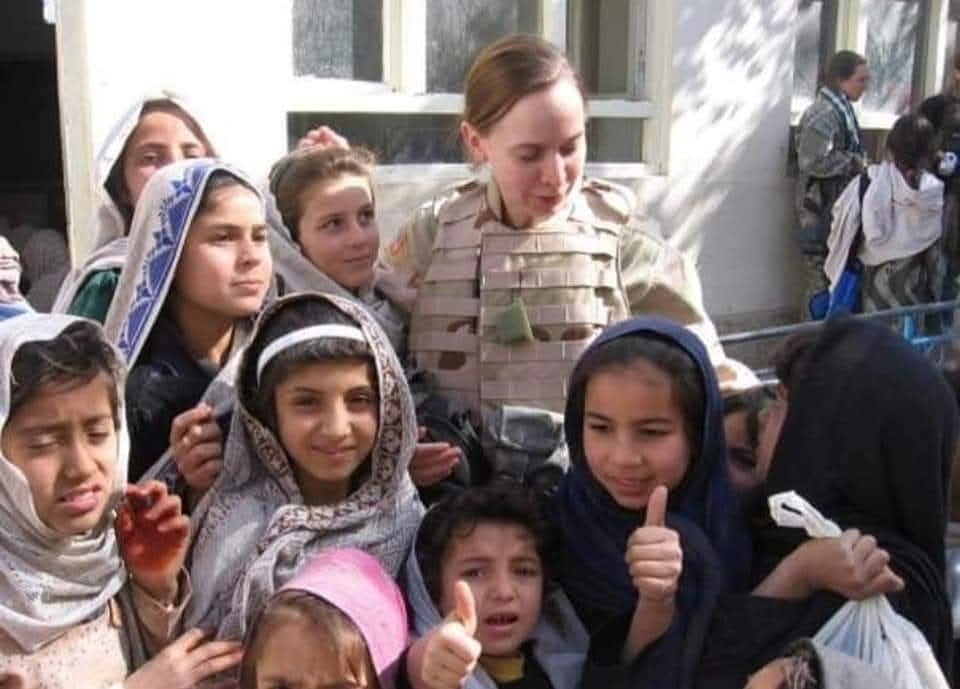
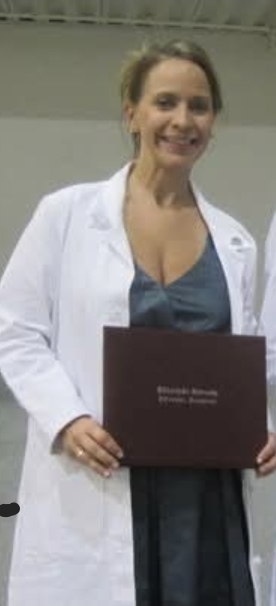
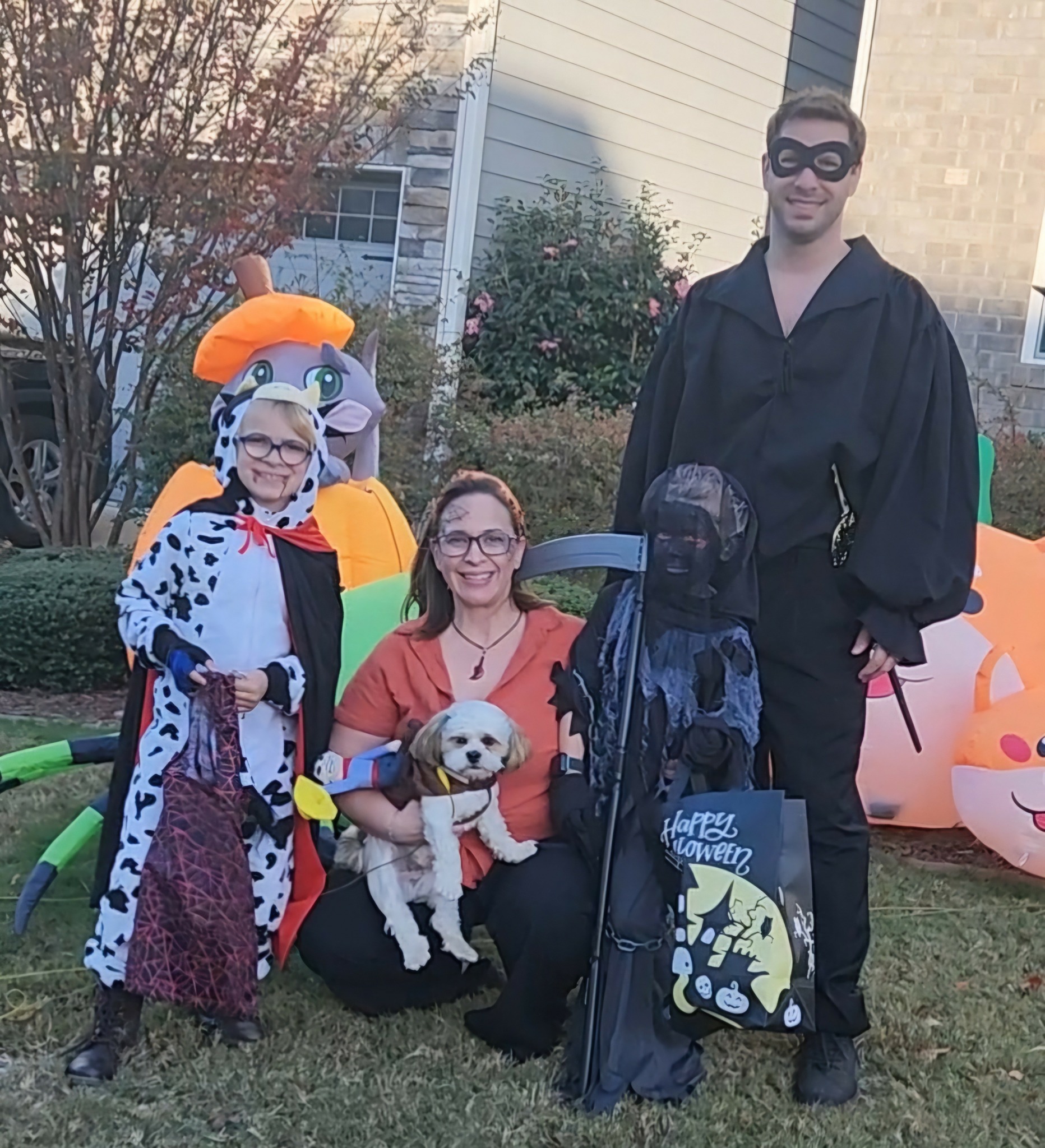
Image Credits
Heather Secker


